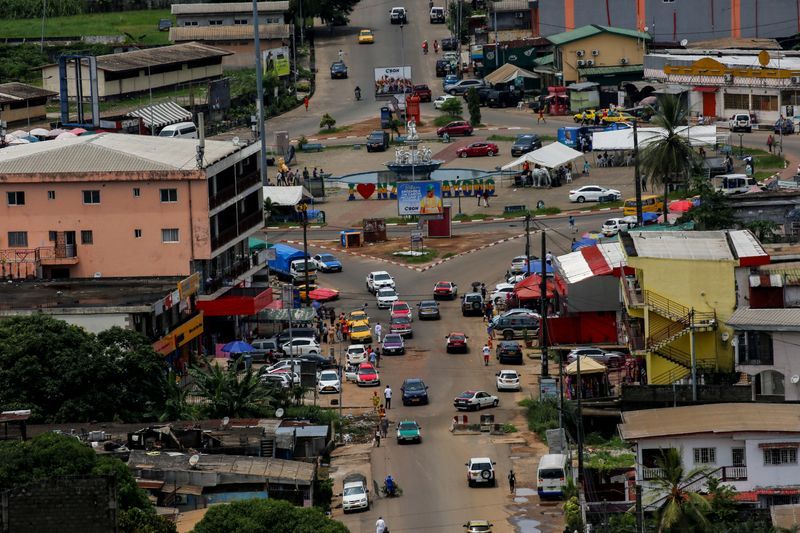
FILE PHOTO: A woman holds a small bottle labeled with a "Coronavirus COVID-19 Vaccine" sticker and a medical syringe in front of displayed Novavax logo in this illustration taken, October 30, 2020. REUTERS/Dado Ruvic
LONDON/CHICAGO (Reuters) - The rapid rise in different parts of the world of deadly, more infectious coronavirus variants that share new mutations is leading scientists to ask a critical question - has the SARS-CoV-2 virus shown its best cards?
New variants first detected in such far-flung countries as Brazil, South Africa and Britain cropped up spontaneously within a few months late last year. All three share some of the same mutations in the important spike region of the virus used to enter and infect cells.
Save 30% and win Bosch appliances! More Info


































